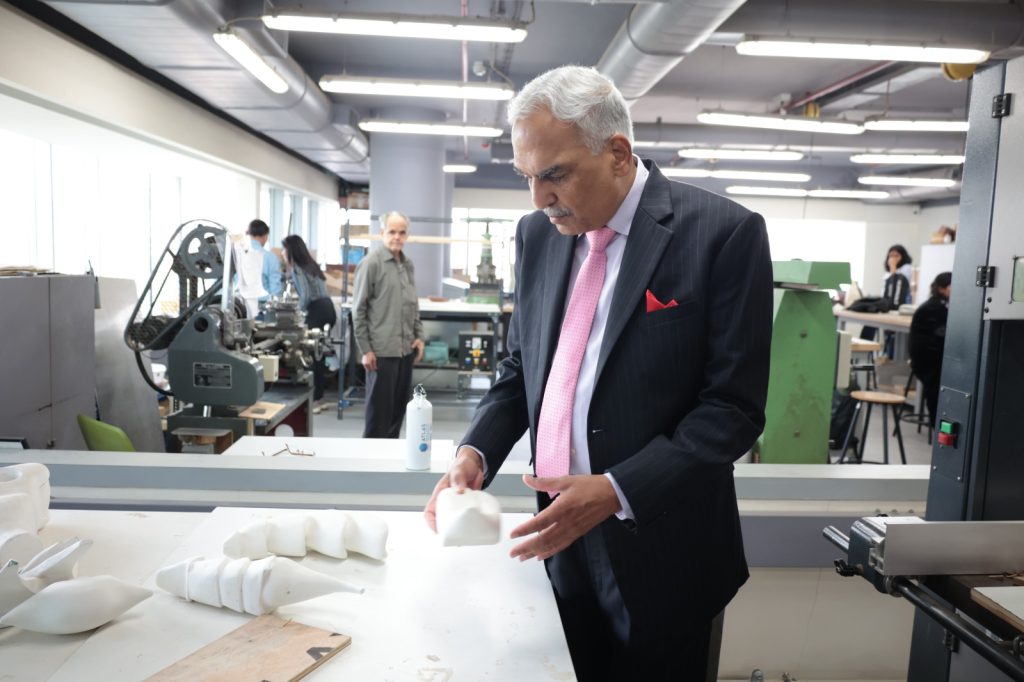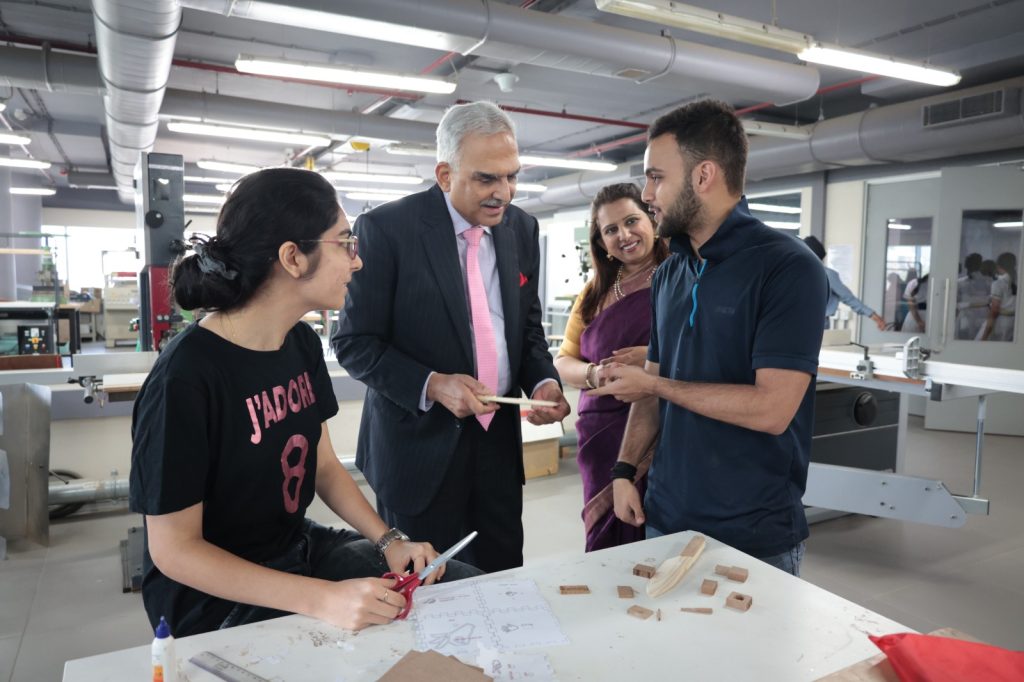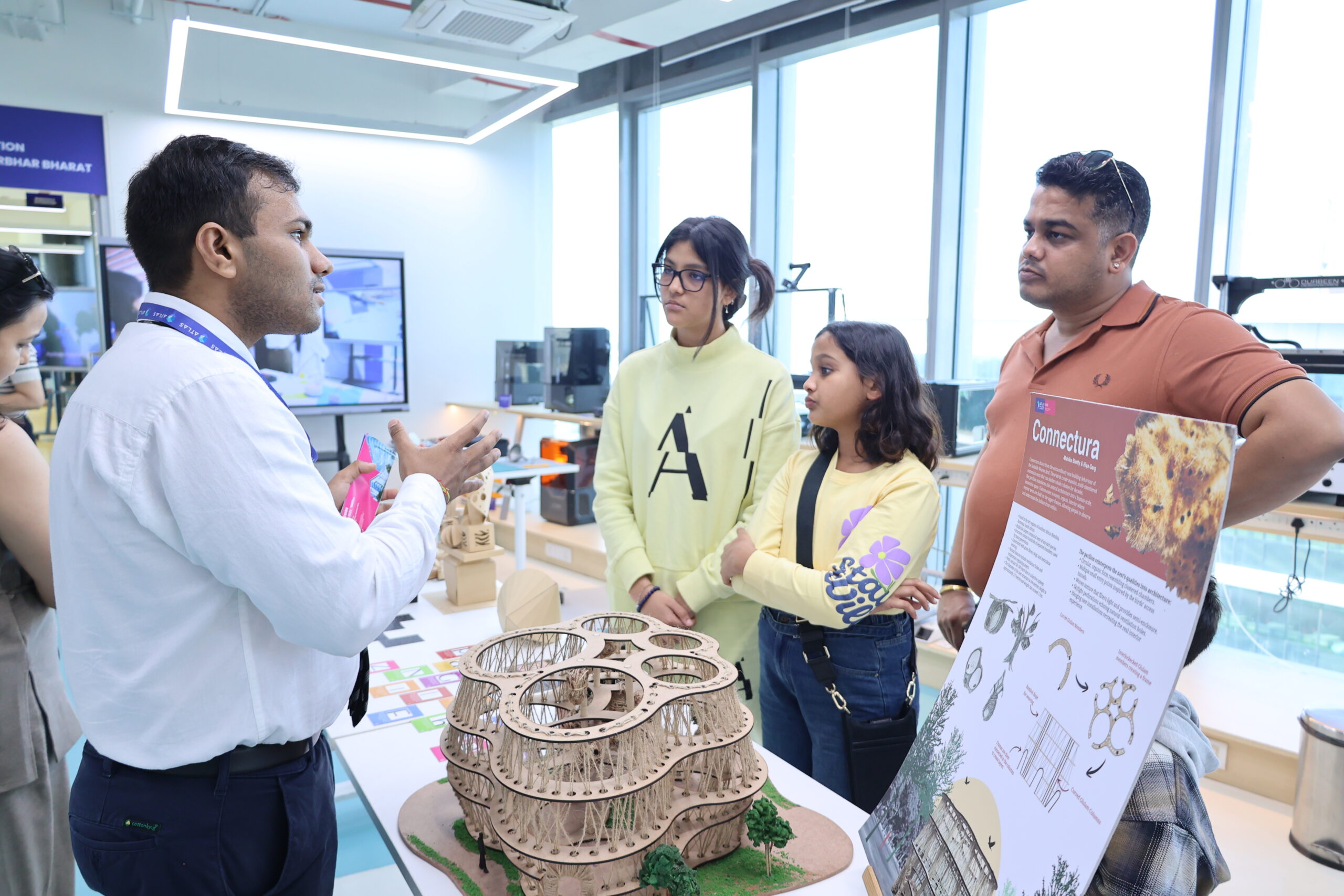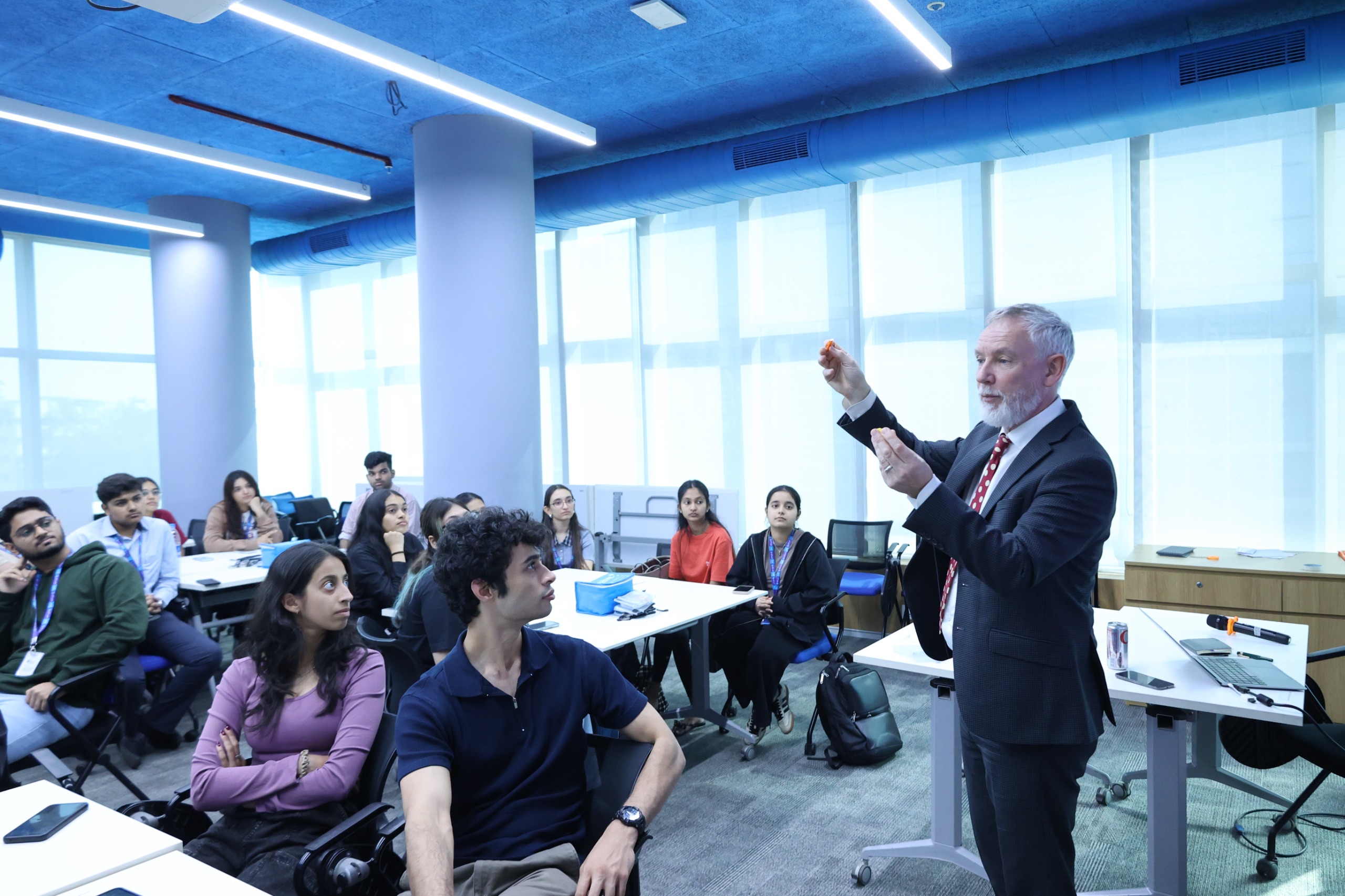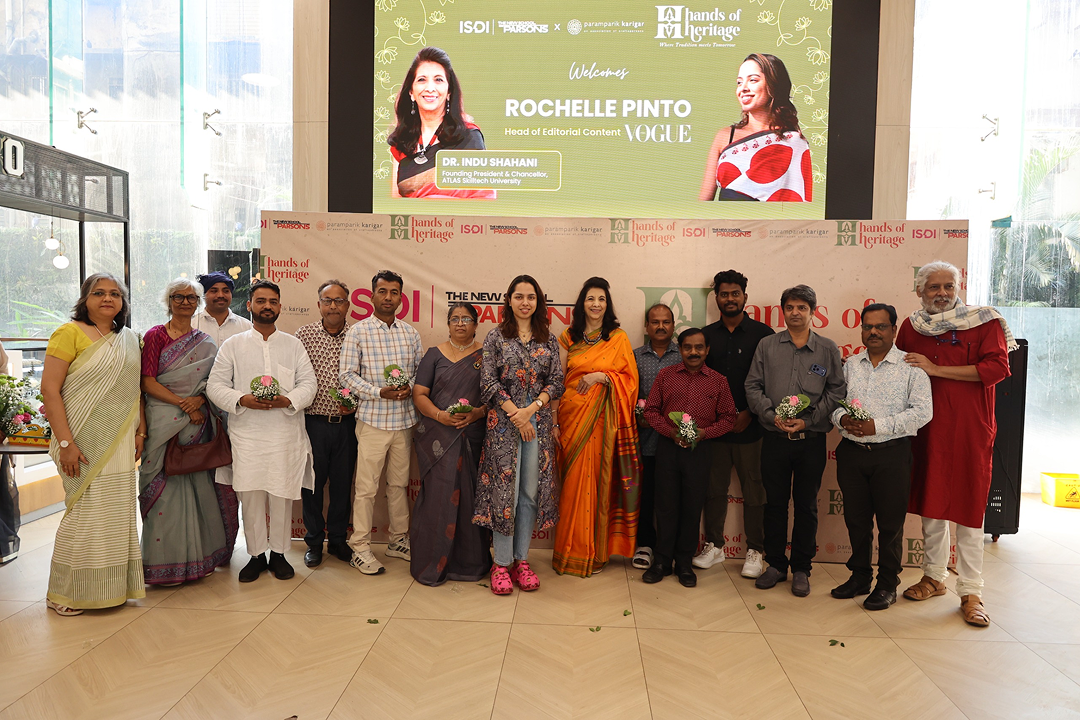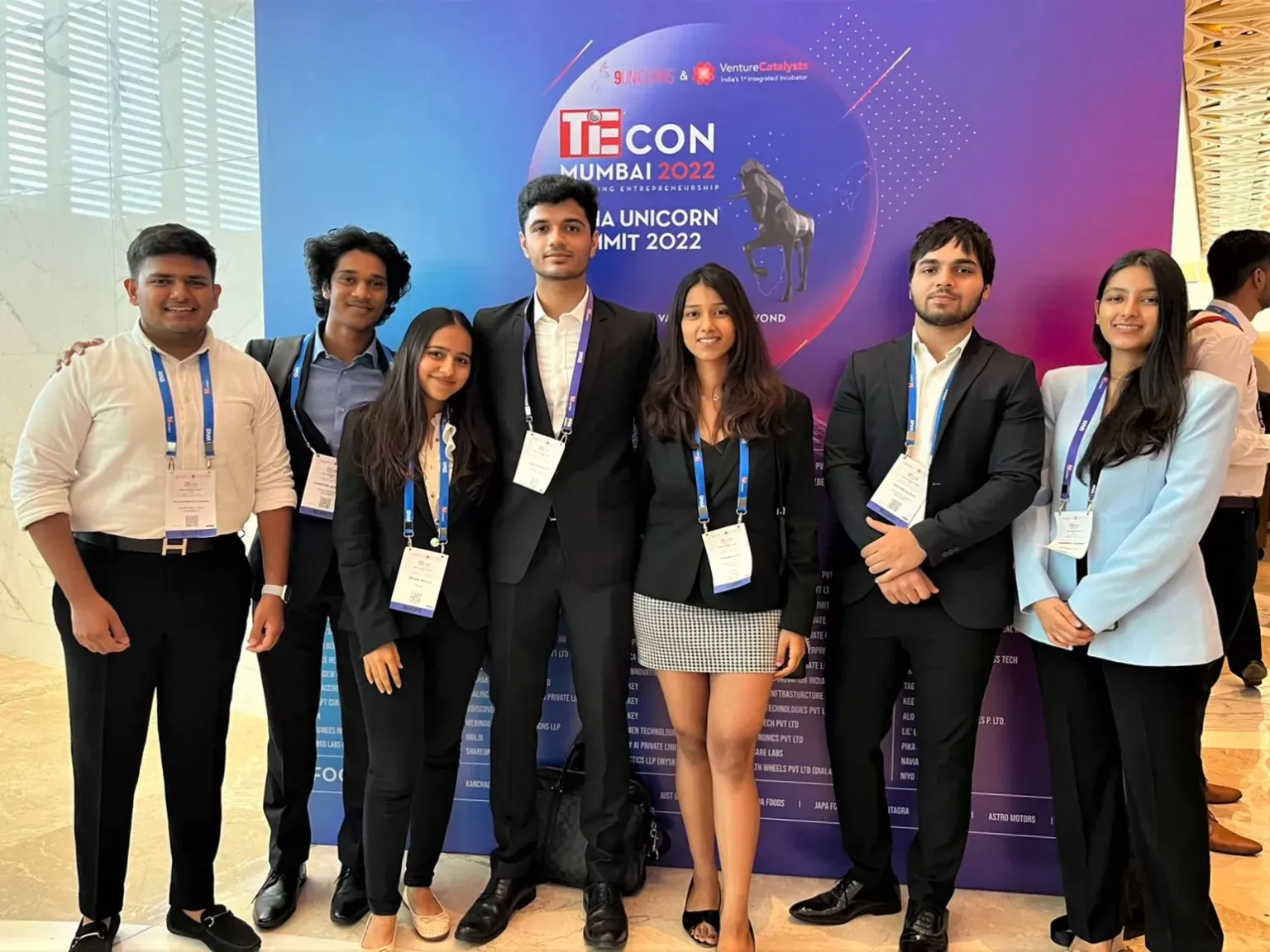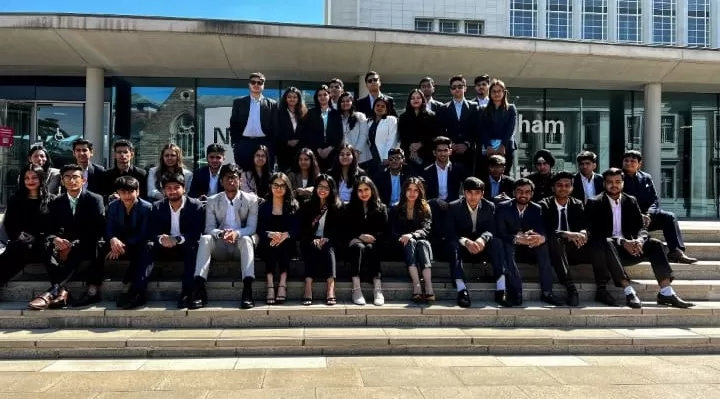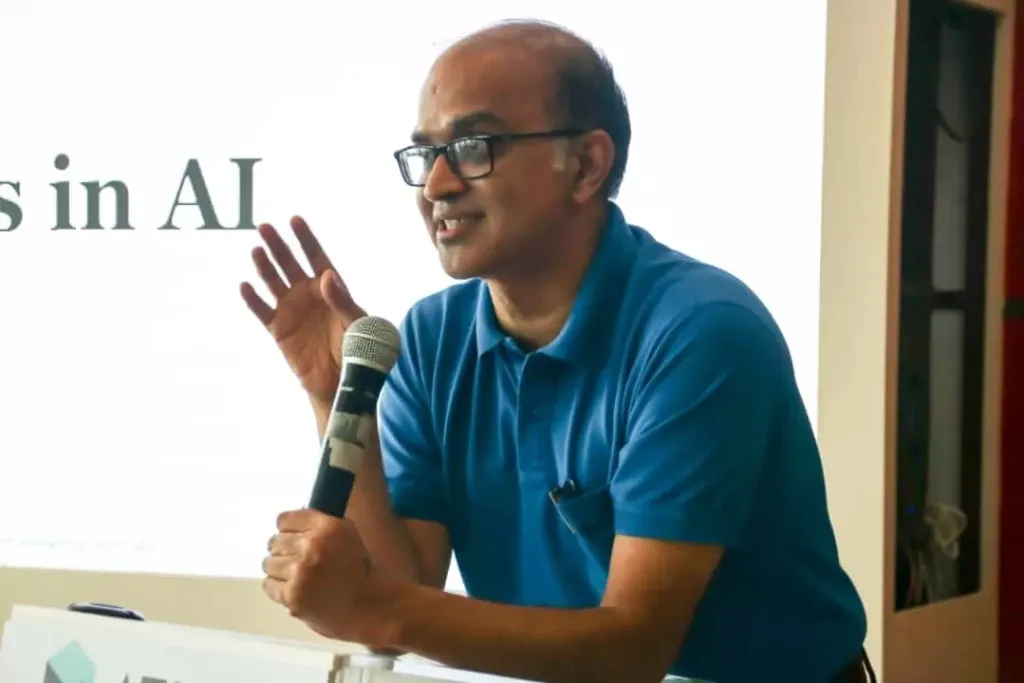Cybersecurity Masterclass by Mr. D Sivanandan: Understanding the Gravity of Cybercrime
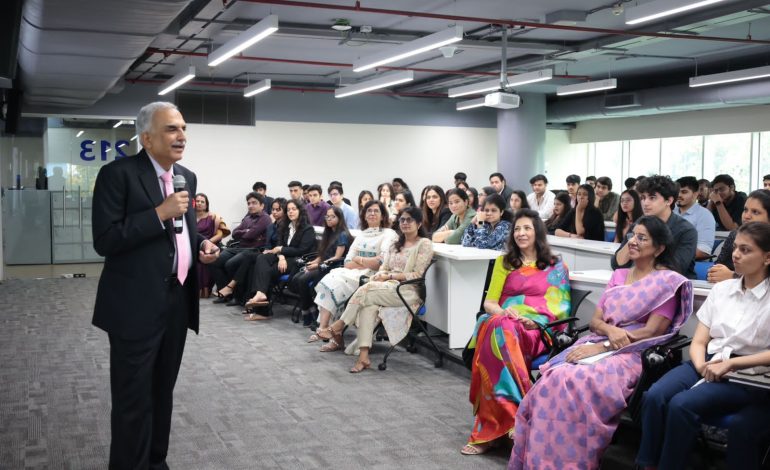
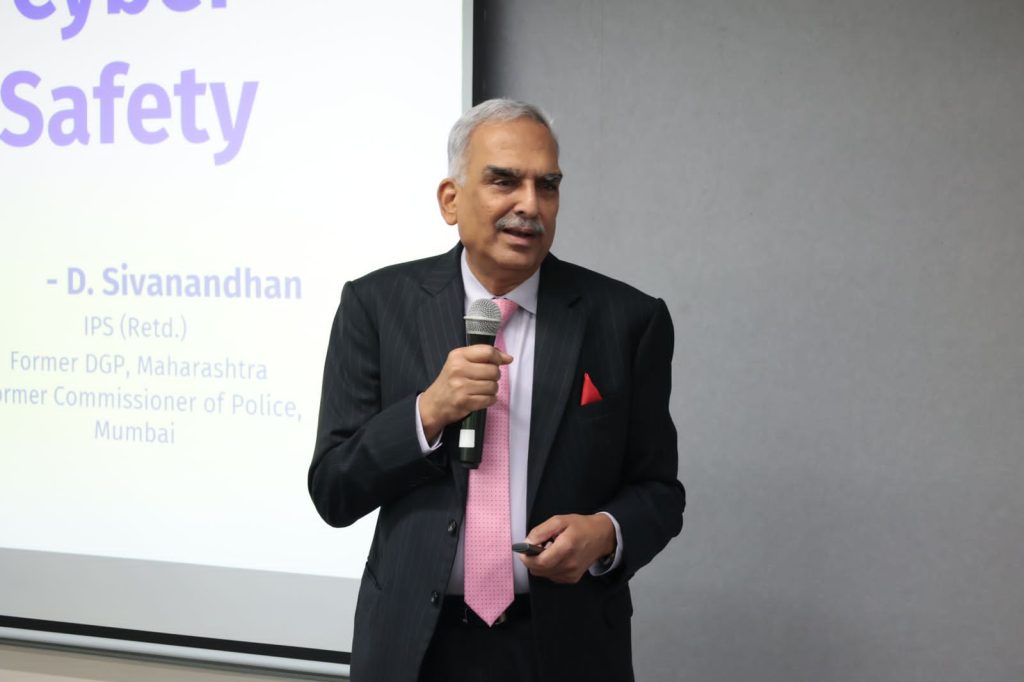
Recently, Mr. D Sivanandan, Retired Director General of Police (Maharashtra) and Former Police Commissioner of Mumbai conducted a masterclass on cybersecurity for the students of ATLAS SkillTech University. The session covered various aspects of cybersecurity, including hacking, cyber heist, cyber frauds and different types of cybercrimes.
The Gravity of Cybercrimes in India
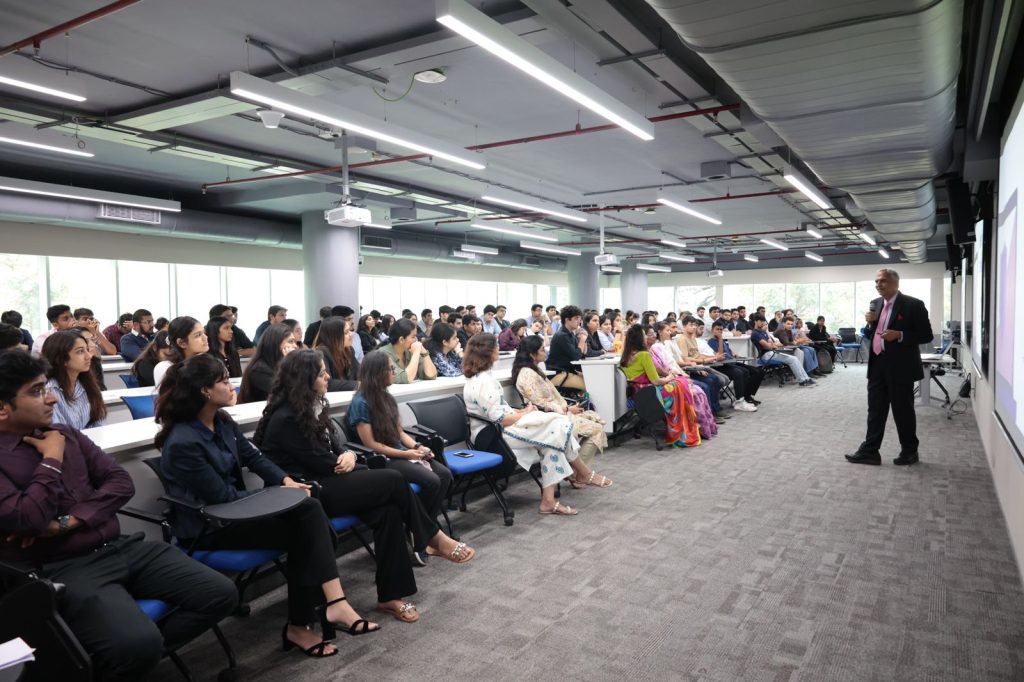
Mr. Sivanandan highlighted the severity of cybercrimes in India, stating that there were 6,74,021 cyber-attacks reported in India till June 2022, and the year 2022 witnessed around 3700 cyber-attacks per day. In 2022, 13.91 lakh cybersecurity incidents were witnessed in India, and cyberattacks on Indian government agencies more than doubled. Additionally, the estimated annual damage cost of cybercrime to the world in 2023 is 8 trillion dollars, making cybercrime the world’s third-largest economy after the US and China.
Types of Cybercrimes
During the session, Mr. Sivanandan spoke about various types of cybercrimes, including child pornography, cyberbullying, cyberstalking, online job fraud, online sextortion, vishing, sexting, smishing, SIM swap scam, debit/credit card fraud, cryptojacking, impersonation and identity theft, phishing, spamming, ransomware, virus, worms, trojans, data breach, denial of services/distributed DOS, website defacement, cyber-squatting, pharming and online drug trafficking.
Examples of Cybercrimes
Mr. Sivanandan also cited different examples of cybercrimes, such as how crypto hackers looted over 3 billion dollars, how Mumbai Police’s swift action helped actor Annu Kapoor get back Rs. 3 lakh he lost in online fraud, or how Pegasus, the Israeli spyware, has been used to target hundreds of phones in India. He also spoke about how Dutch mafia hacked the port control system and threatened 2 IT consultants to help them, and how North Korean hackers are targeting South Korea’s railway system. Mr. Sivanandan also discussed the Pentagon’s ‘bug bounty’ program, wherein hackers from around the world are being invited to try and break in.
The Impact of Cybercrimes on Healthcare
Mr. Sivanandan mentioned that cyberattacks on healthcare are a new e-pandemic. He also touched upon gaming disorder, which increased during the pandemic and incidences like a 15-year old boy killing his mother, sister and two others in rage at being denied a phone or a furious man accidentally shooting his wife by getting furious over his son’s PUBG addiction.
Cybersecurity Measures
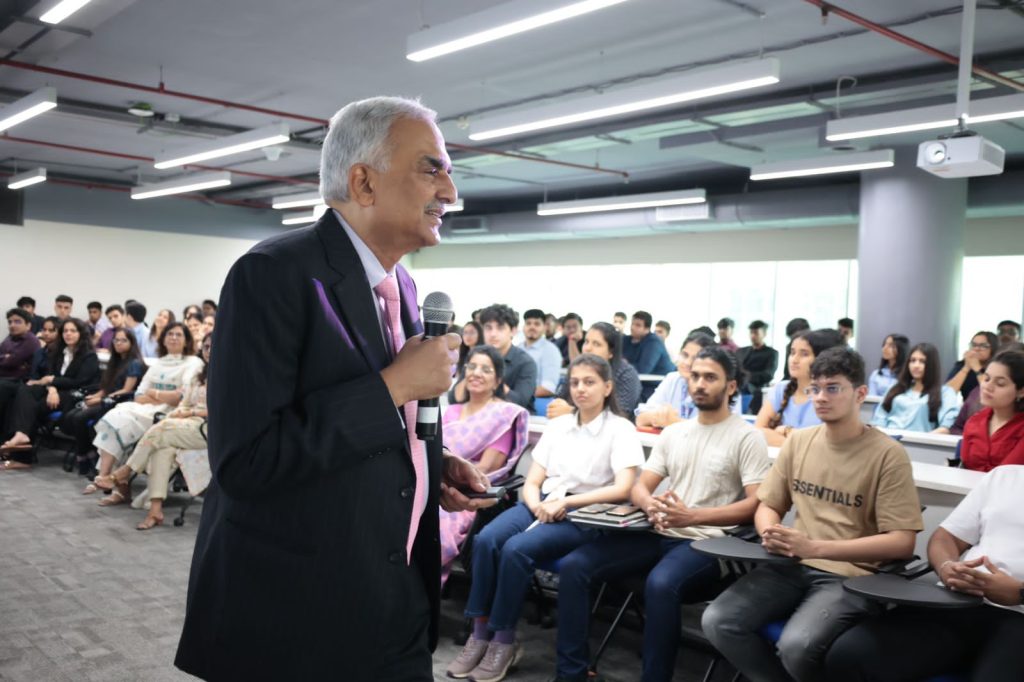
Mr. Sivanandan also provided tips on how to keep ourselves safe from cybercrimes, such as using strong and unique passwords, using privacy settings, making sure your internet connection is secure, thinking before clicking on spam or unsolicited email, being careful about what you post online, and updating anti-virus and spyware software.
Safety Tips for Online Banking and Mobile Banking
He also provided safety tips for online banking and mobile banking, such as making sure any web page that processes your card number has ‘https’ in the address bar, not clicking on links from suspicious email ids, not installing unknown software, and securing your phone with anti-malware.
Safety tips of internet
- Use strong and unique passwords. A strong password is one that is unique and complex- at least 15 characters long, mixing letters, numbers and special characters.
- Don’t use 1234 or ABC
- Use Privacy settings
- Make sure your internet connection is secure. Use a secure VPN connection
- Think before clicking on ‘spam’ or unsolicited email. Don’t open attachment with .doc, .exe and .dot extensions.
- Be careful about what you post online
Basic safety tips of online banking
- Make sure any web page that processes your card number has ‘https’ in the address bar. The ‘s’ stands for secure
- Do not click on linked from suspicious email ids
- Do not install unknown software
- Update anti-virus and spyware software required
- Do not enter card or internet banking details in pop-up windows while surfing
- Update your browser to the latest version
- Clear browser cache periodically to delete tracking
Basic safety tips of mobile banking
- Download banking apps from trusted sources like google play and app store
- Do not store your bank details on your mobile phone
- Be cautious when banking on your phone in public
- Secure your phone with anti-malware
- Ignore all messages requesting for your banking details
Cybersecurity Advances
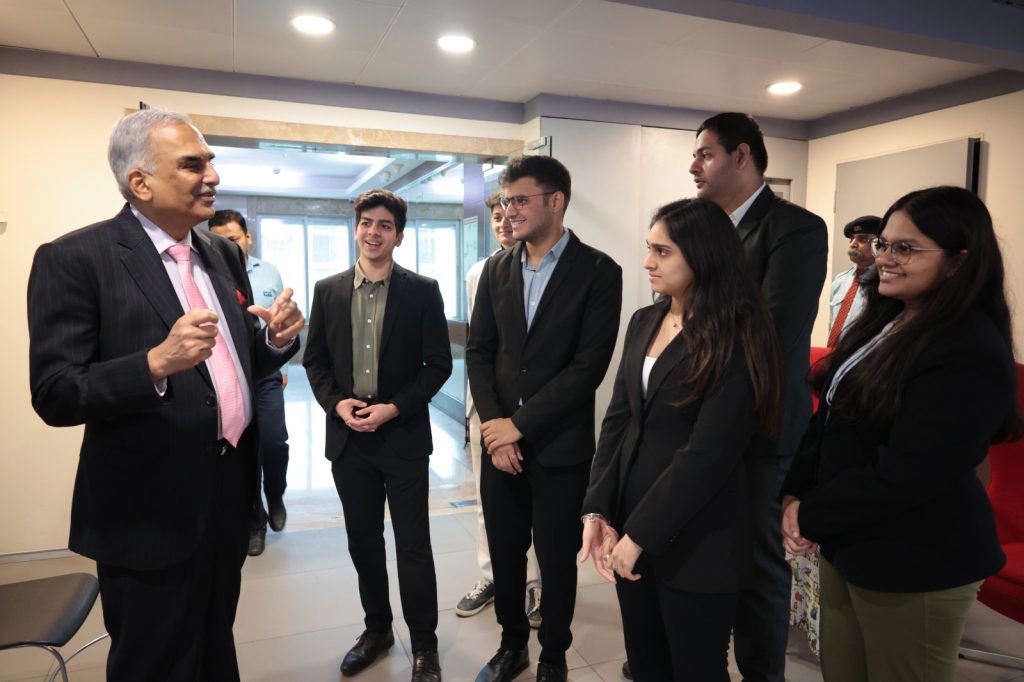
Advances in Quantum computing are important for cybersecurity and data privacy. Mr. Sivanandan informed the students about surveillance gears designed to be used to allow authorities the power to listen in on calls, view text messages and web traffic, including emails and track the location of users without the assistance of telecom and internet firms. He highlighted that India is now the 2nd most targeted nation after the US in cloud hacking. He also spoke about data loss protection (DLP) and how it could be the industry’s next big trend as organizations are increasingly implementing DLP methods to protect sensitive data against security flaws.
Helpline Numbers
24×7 Cyber helpline for Mumbai: 9820810007
24×7 National Cyber Helpline: 1930
